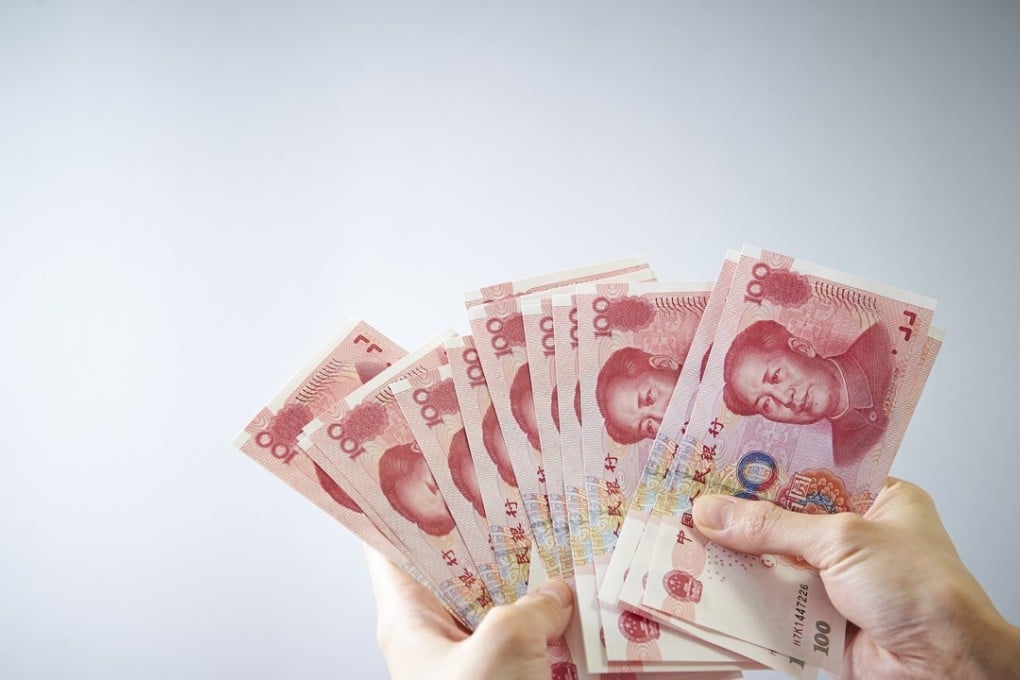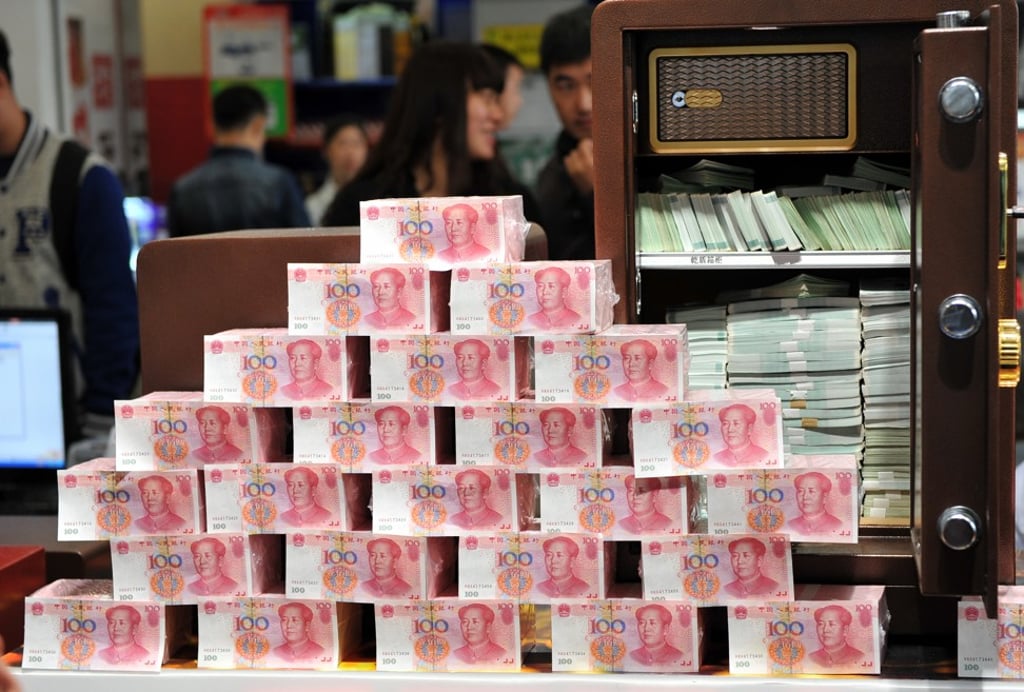Money Matters | Hong Kong’s new start-up board is a dream come true, for all the wrong reasons

To the creative minds in mainland China, the recent proposal of a new board for start-up companies by the Hong Kong Stock Exchange is a dream come true.
Unfortunately, all that glitters is not gold, and investors have seen plenty of the exchange’s creativity, which doesn’t quite extend to finding a cure for cancer or building cars than run on ethanol.
Imagine you are one of those eager beavers keen to make a quick fortune by listing a too-good-to-be-true business in Hong Kong.
You will need some sort of operating business, a dozen friends to dress up as suppliers and customers, a friendly banker to verify your cash flow, an auditor to sign off on your exaggerated profit, a sponsor to package these together, and the money to pay off all of the above.

You need only two things. Firstly, a market capitalisation of HK$200 million (US$25.6 million). As long as you can promise a 20 per cent post-IPO increase in your stock price, there are “specialists” to help. That will cost a little, but it’s worth it.

